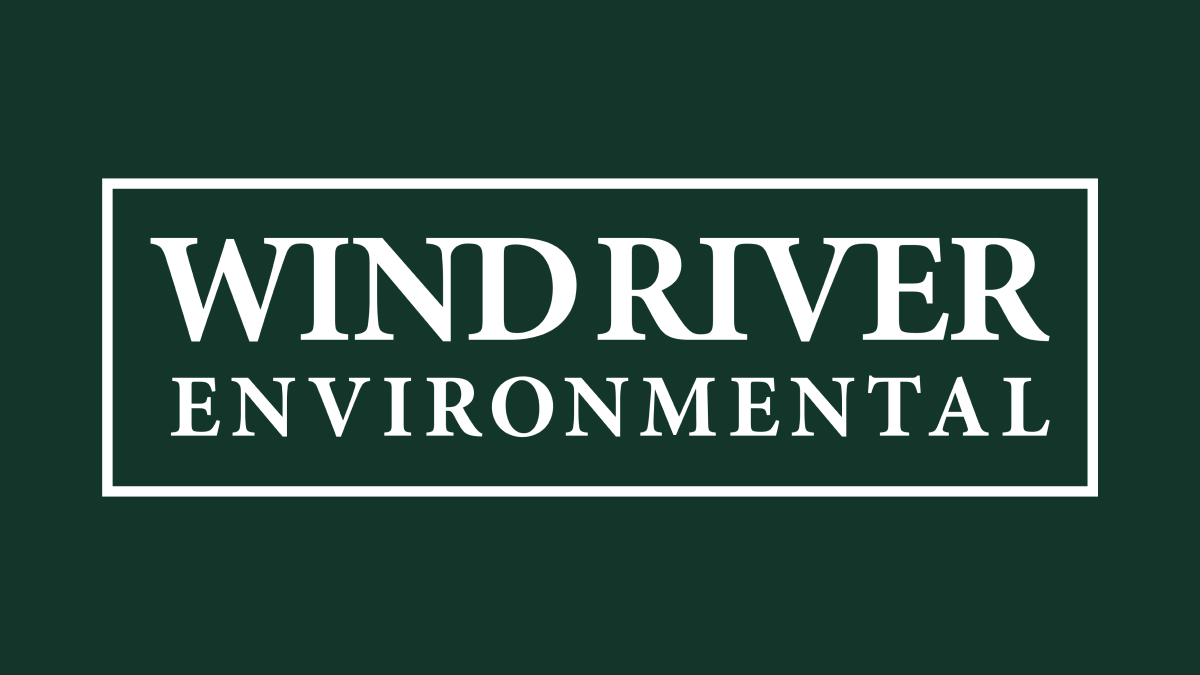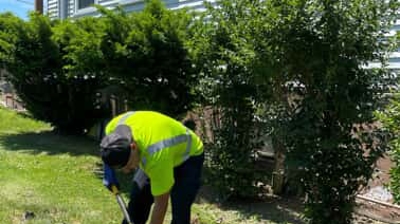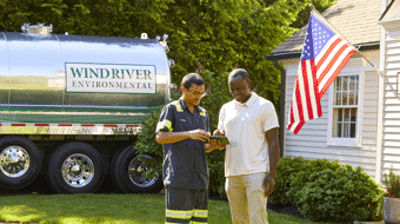Like septic tanks, pools require maintenance to operate at maximum efficiency. Their seemingly complicated natures lead many homeowners to ask the same question; can you put in a pool with a septic tank? With some research, it’s easy to manage both at the same property. Whether you’re looking to buy a home on septic or you’re thinking of adding a pool to your home, knowing how to keep both safe saves you time and money over time. Septic tanks and pools commonly coexist, however, there are some do’s and don’ts to keep in mind when you have both.
Septic Tanks and Pools
Do: Start with an Inspection
A home septic inspection should be the first step when adding a pool to your property. From both a safety and feasibility standpoint, it’s important to know the status of your septic system and how a pool factors into your yard. This is especially crucial for identifying where you’re unable to place the pool or backwash pipes, which risk saturation or erosion when placed near a drain field or leach field.
This inspection identifies vital components including the distribution box, the pump housing, lift stations, and any septic feature that a pool would interfere with. Not only does an inspection protect your septic system underground, but it also helps with proper planning for necessary pool components.
Don’t: Build Without Locating Your Septic System
If you’re in the process of adding a pool to your yard, it’s dangerous to begin building without knowing where your system is located. Building a deck or the pool itself above the septic tank or septic cover creates issues when septic service providers need access to pump your tank. Your pool should be far enough away that it doesn’t interfere with septic cover access or block the truck from reaching your cover. In-ground pools can’t be built over the pipes leading to your septic tank, which makes this process crucial for avoiding disasters.
In addition to avoiding blocking or covering vital parts of your septic system, check your local regulations regarding pools and septic systems. Some towns or cities require pools—both above and in-ground—to be set a certain number of feet away from your leach field. If you can’t find your local regulations, your local septic service provider is knowledgeable on these requirements.
Do: Utilize Septic System Additives
Similar to how your pool needs chemicals to operate at full efficiency, your septic tank needs the same attention. The bacteria that break down solids occasionally need to be replenished when soaps, disinfectants, and detergents make their way into the septic tank. Septic system additives are a simple way to ensure everything is running smoothly. Just ask your local septic service provider about them during your next pumping.
Chlorine is crucial for eliminating bacteria in your swimming pool, but its anti-bacterial properties are harmful to your septic system. Draining your pool too closely to the tank risks killing some of the helpful bacteria that break down solids and helps the system run smoothly. Using these septic system additives helps counter the potential negative impact of chlorine accidentally getting into your system.
Don’t: Hesitate to Call Wind River Environmental
Both above and in-ground pools require some research before installing, especially when working around a septic system. Luckily, you aren’t on your own when making these decisions. Wind River Environmental serves over 16 states on the east coast, with knowledgeable and helpful technicians to guide you through the process. If you have a septic tank and are looking to install a pool for next summer, call us at (877) 560-9007. If you have any questions about keeping your seasonal property’s septic system healthy, don’t hesitate to contact us today!
How to Handle a Pool with a Septic
With summer fast approaching, temperatures are rising, flowers are blooming, and pools are opening. For pool owners, pool maintenance may be the center of attention this summer, but don’t forget about your septic system. Your pool and septic can affect each other more than you may realize. Don’t panic! We are here to help! Here are some tips on how to handle your pool and keep your septic healthy.
Building Your Pool
When you are building a new pool, be sure to locate your septic system and steer clear of the leach field. The proper distance from the septic tank for an above-ground pool is 15 feet and the distance for an in-ground pool is 25 feet. (Check your local regulations for details specific to your area.) Building a pool too close to your septic system can block access to your tank when it’s time for a repair or a pump. Even an inflatable pool should be kept at a distance because the weight of the water and the potential of leakage are still a possibility. Additionally, in-ground pools cannot be built over the pipes leading to your tank. If your pool is just a small piece of a large house renovation, check out more home improvement tips.
Draining
Draining your pool is another practice to be careful about. While chlorine is crucial for the care of a swimming pool, its antibacterial properties are extremely harmful to septic systems. When draining your pool, be sure to drain the water away from your septic. If the chlorine gets into the tank, it can affect the helpful bacteria that are needed to break down solids and keep the system running. This could damage or even make your septic stop working altogether.
Excess Water
It’s a good idea to keep excess water from the pool away from the leach field and septic. The leach field process of getting rid of water involves evaporation and filtering down through the ground. If excess water is added, this process could be disrupted and slowed. If the leach field gets super saturated, the septic tank may even back up. Be cognizant of splashing water out of the pool, overflowing the pool, backwashing the filter, or a leak.
Heavy Objects
If maintenance on your pool or pool area requires machinery such as trucks, skid steers, and trailers, be careful of where they are placed. Placing heavy objects like this over the leach field during maintenance can really disrupt the function of the leach field. To break down waste, the field needs oxygen. Allowing heavy objects to sit on the leach field can not only cause damage (or collapse) to the field but will also deprive the soil of the necessary oxygen to break down waste.
Owning a pool can be a lot of fun and a lot of work. Maintaining a pool with a septic system can be an even more daunting task. Nobody wants to make a mistake and cost themselves thousands of dollars in repairs. Following these tips will help you avoid costly mistakes and keep both your pool and your septic system running smoothly.
Still, have questions? Contact our experts at Wind River Environmental and we will ensure your septic system keeps working at its best all summer long!




.2504171222540.png)

